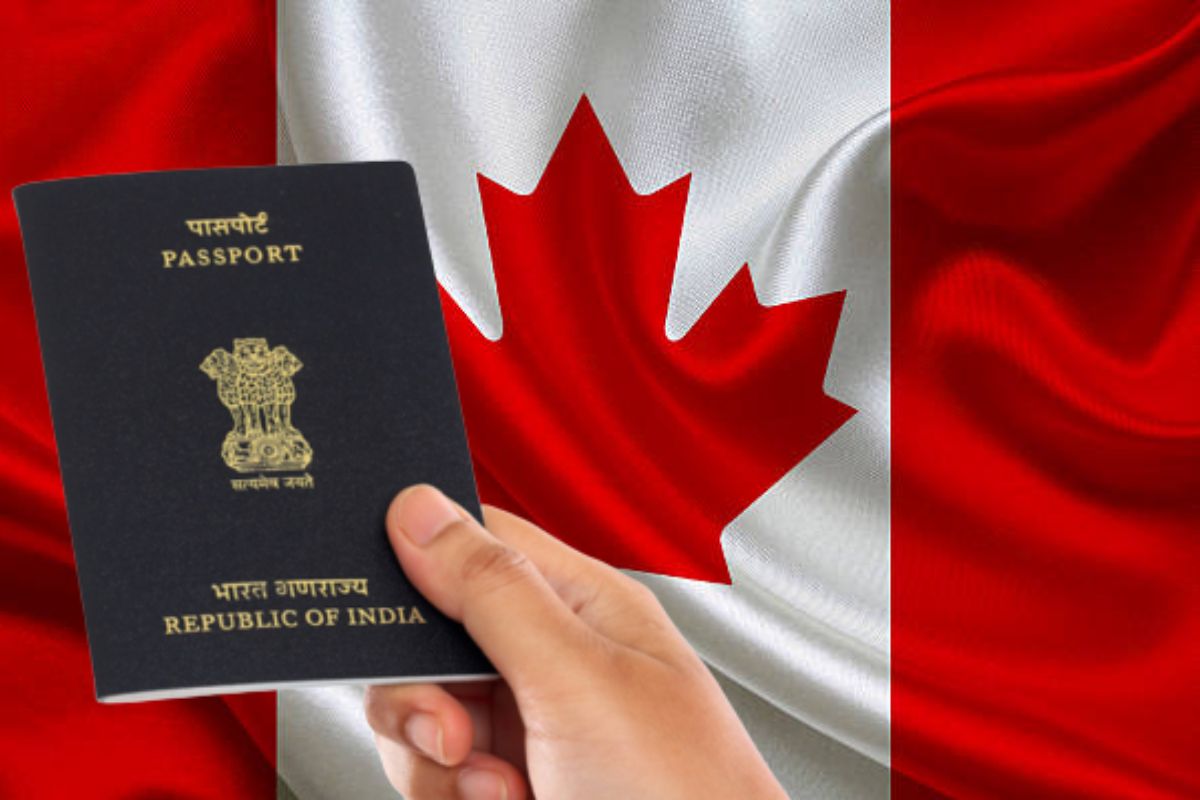Inviting Indian parents or grandparents to Canada has now become a more straightforward process. The Minister of Immigration, Refugees, and Citizenship, in conjunction with the Minister of Public Safety, has issued Ministerial Instructions outlining changes to the Parent and Grandparent Super Visa, commonly referred to as the Super Visa. These instructions have been updated and are effective from September 15, 2023.
To qualify for a Super Visa, parents or grandparents must have a host who meets the following criteria:
- The host must be the child or grandchild of the visitor.
- The host should be a Canadian citizen, a permanent resident of Canada, or a registered Indian. They must provide a copy of their Canadian citizenship document (and their spouse or common-law partner’s document, if applicable), the permanent resident document (and their spouse or common-law partner’s document, if applicable), or a Secure Certificate of Indian Status or Certificate of Indian Status (status card).
The Super Visa is a multiple-entry temporary resident visa (TRV) with a validity of up to 10 years. Each authorized stay can be up to 5 years. Applicants are eligible for a Super Visa if they apply from outside Canada and meet the requirements for temporary residence as a visitor.
It’s essential to note that the Super Visa differs from a standard visitor visa. With a Super Visa, eligible parents and grandparents can visit their family in Canada for up to 5 years at a time, whereas a visitor visa permits a stay of up to 6 months. If a longer stay is desired, an extension application must be submitted, along with the associated fees.
Only biological or adopted children can invite their parents or grandparents to Canada on a Super Visa. Additionally, the spouse or common-law partner of the parent or grandparent may also be invited.
For Super Visa applications that include a host child or grandchild who is a registered Indian, officers should process the application without the need for additional proof of Canadian citizenship or permanent residence from the host. The Certificate of Indian Status is the sole required document to confirm the host’s registration under the Indian Act. Once all Super Visa requirements are satisfied, officers should issue the Super Visa, enabling a 5-year stay for each authorized entry.
To determine the host’s ability to financially support the applicant throughout their authorized stays, the host must provide evidence that they meet or exceed the minimum necessary income, which is based on Statistics Canada’s low-income cut-offs.
Furthermore, parents or grandparents must provide satisfactory proof of valid health insurance from either a Canadian insurance company or an approved foreign insurance company recognized by the Minister of Immigration, Refugees, and Citizenship.
Follow VisaBud for Travel Visa Related News.



